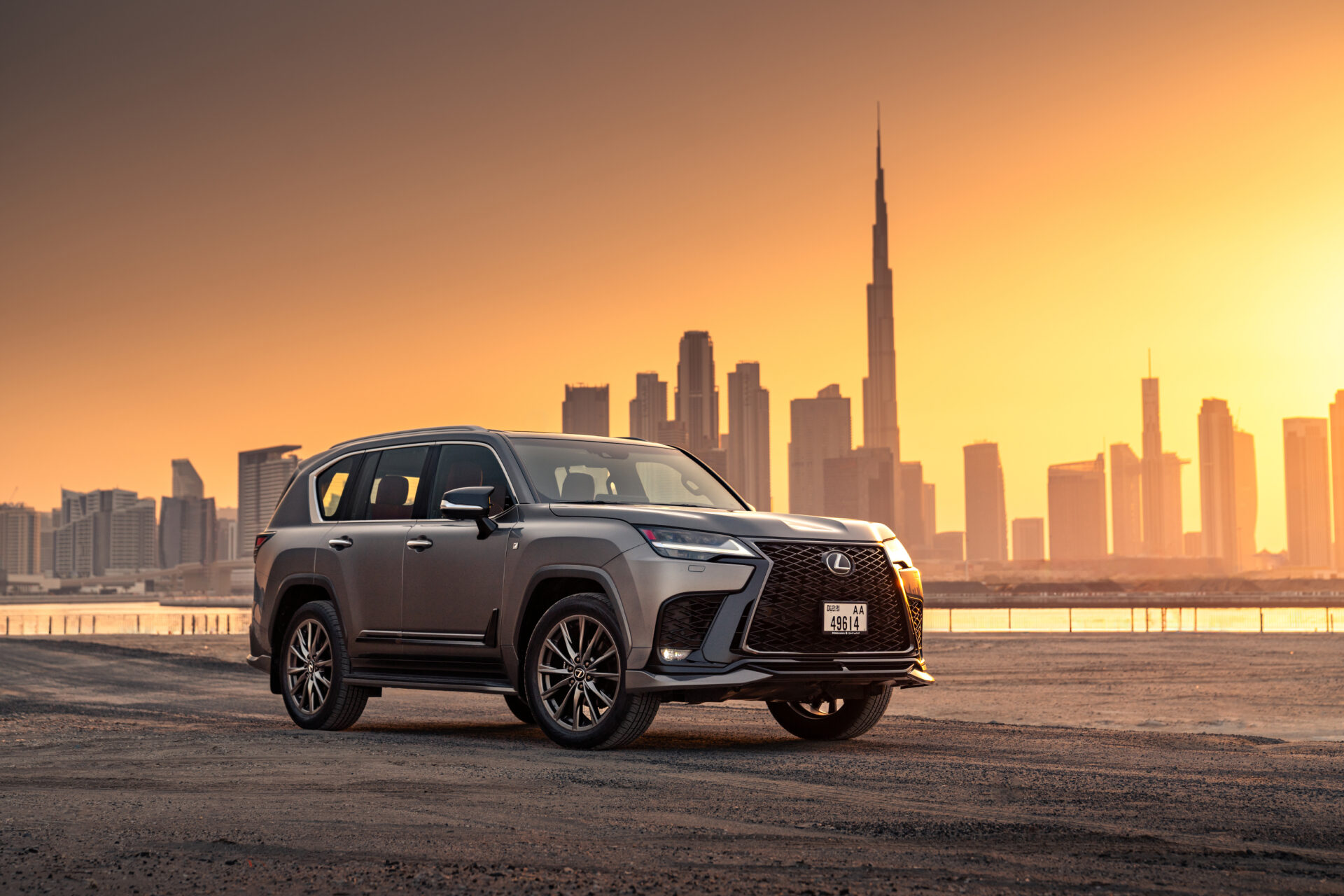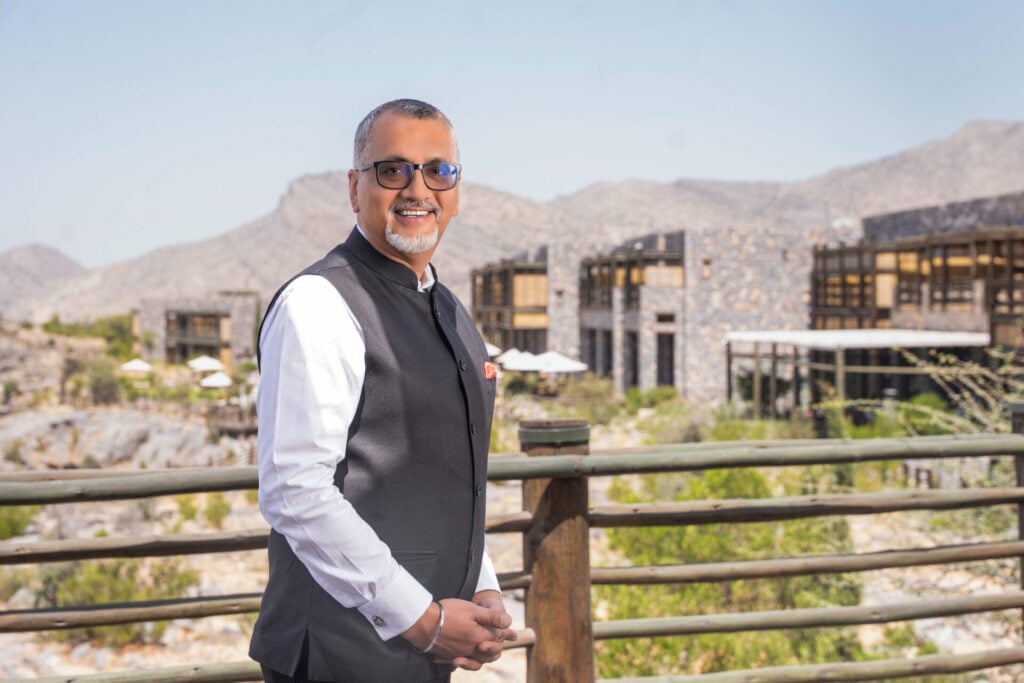What does the future of driving look like in a region built around the love of the open road? For Jacques Brent, Managing Director of Toyota and Lexus UAE, it’s electric and not just in terms of horsepower.
Sitting down with The Ethicalist, Jacques reflects on an automotive landscape that’s fast changing, and where sustainability and innovation are no longer separate. From Lexus’ takumi artisans to Toyota’s bet on hybrid and hydrogen, it’s clear these two brands are steering change.
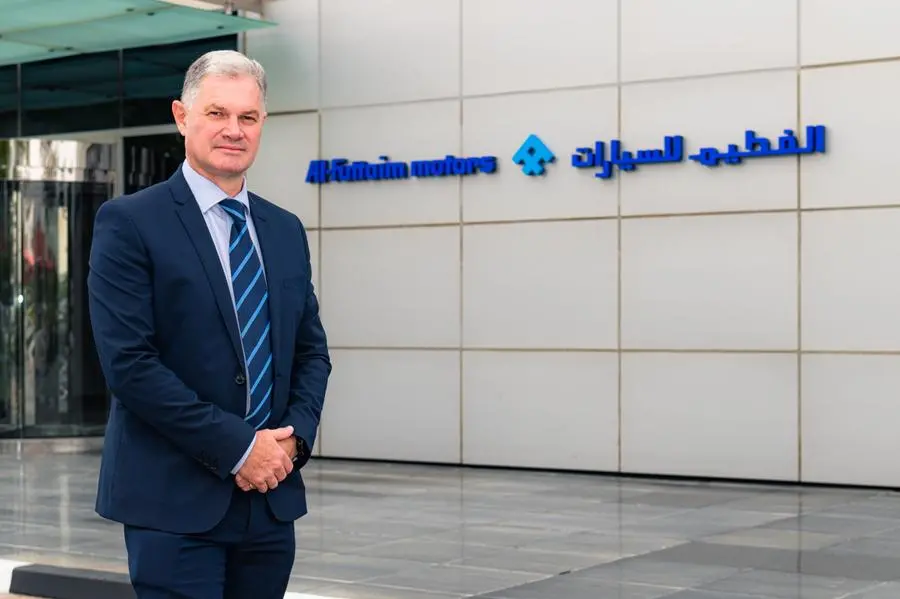
TE: How do you define sustainable luxury, and how is Lexus bringing that to life?
Jacques Brent: To me, sustainable luxury is about delivering extraordinary experiences without compromising the future or harming our planet. It’s the fine balance between craftsmanship, innovation, and environmental responsibility.
Lexus embodies this by integrating advanced electrification with Takumi-level design. Takumi is an ancient Japanese concept and tradition that expresses the essence of artisan craftsmanship; and it underpins our entire production process. Our Takumi master craftsmen spend as long as it takes to create exceptional vehicles and amazing experiences, fusing traditional techniques with modern technologies.
‘We developed the industry’s first bamboo-charcoal speakers. Our luggage compartment trim is made from recycled plastics. From castor seeds to biodegradable sugarcane, we are always pushing the envelope of sustainable material design’
We developed the industry’s first bamboo-charcoal speakers. Our luggage compartment trim is made from recycled plastics. From castor seeds to biodegradable sugarcane, we are always pushing the envelope of sustainable material design. From electrified powertrains to sustainable materials in our interiors, every detail is curated for an extraordinary driving experience, while lowering our impact on the environment.
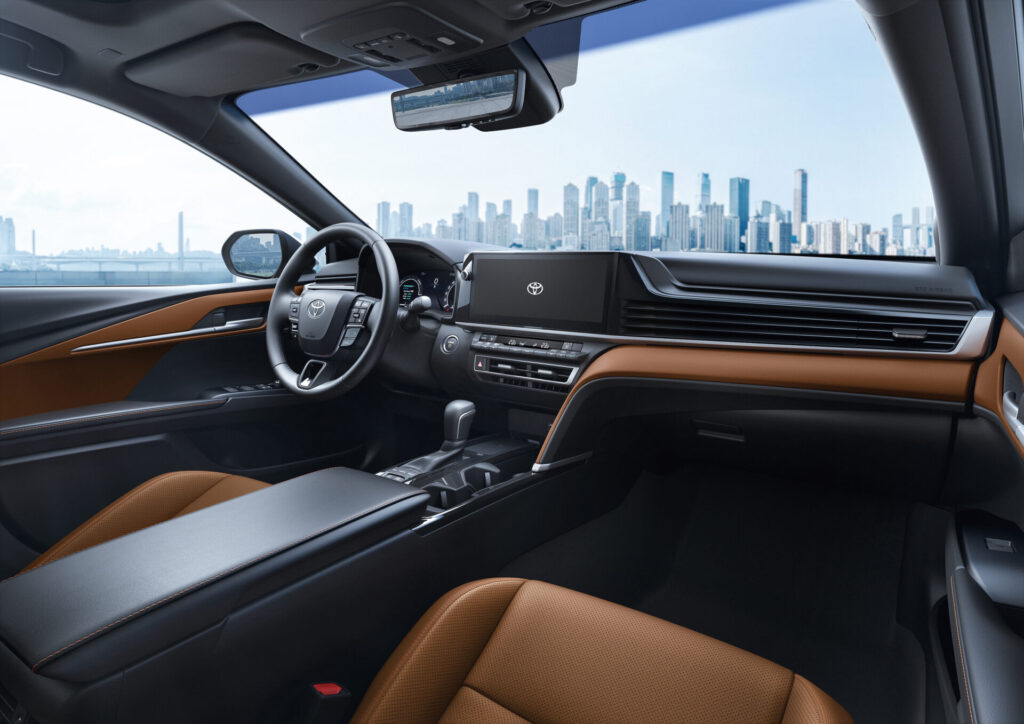
TE: Toyota has long been a pioneer in hybrid technology but what excites you most about the next chapter of electric mobility?
Jacques Brent: What excites me most is that the conversation around electrification has expanded from reducing emissions to reimagining mobility itself. With advancements in solid-state batteries, AI-powered driving assistants, and vehicle-to-grid connectivity, we’re entering an era where cars will be cleaner, more integrated into our energy ecosystems but also smarter. Toyota and Lexus are at the forefront of this evolution, blending emotional design with next-gen performance.
TE: What role do you believe car brands should play in building a more sustainable future beyond just emissions?
Jacques Brent: Our responsibility extends far beyond the tailpipe. That means looking at our manufacturing, supply chains, dealer networks, and even community engagement. Globally, Lexus and Toyota, are focused on decarbonising every stage of the value chain: from sourcing raw materials responsibly to building energy-efficient showrooms and advocating for greener infrastructure.
At Al-Futtaim Automotive, we are aware of the huge responsibility we carry as automotive leaders. It is a business imperative for us to fundamentally initiate a shift towards greener automotive solutions to meet climate change action goals and the mobility needs of a rapidly increasing urban population.
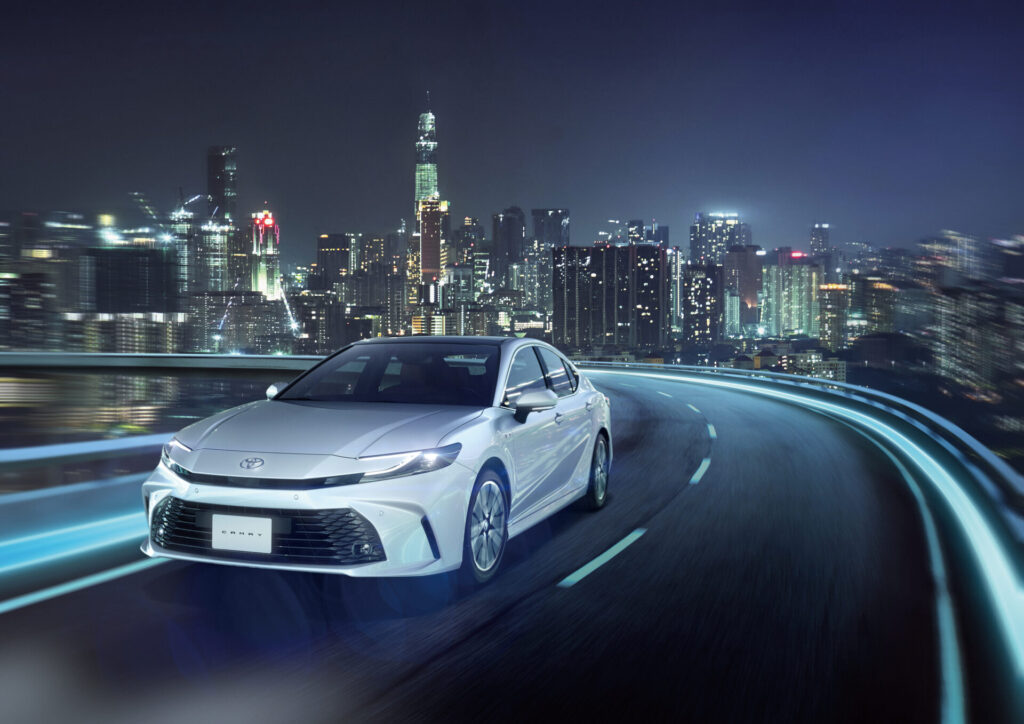
We are looking at holistic and innovative ways to develop this entire new energy ecosystem, as well as pioneer new mobility services that will support the sustainable transition. Al-Futtaim Automotive plans to deliver 50 per cent new energy vehicles (NEVs) and install 10 per cent of the charging stations in the UAE by 2030. We are also making our showrooms and service centers more sustainable.
‘EVs are inherently more efficient than combustion engines, regardless of the energy source. But more importantly, they prepare us for a cleaner future by decoupling mobility from fossil fuels’
We are building a comprehensive energy ecosystem from electrified vehicles to truly immersive VR-based automotive showroom, and cutting-edge electric mobility training technologies for EV technicians.
TE: Many consumers are asking: if EVs are ultimately powered by fossil-fuel-heavy grids, are they really the greener option? How do you respond to that skepticism?
Jacques Brent: It’s a valid question. The answer is nuanced and requires a shift in perspective. EVs are inherently more efficient than combustion engines, regardless of the energy source. But more importantly, they prepare us for a cleaner future by decoupling mobility from fossil fuels. As grids transition to renewables, as is already happening in the UAE, the carbon benefits of EVs will only accelerate. It’s about building readiness today for a better tomorrow.
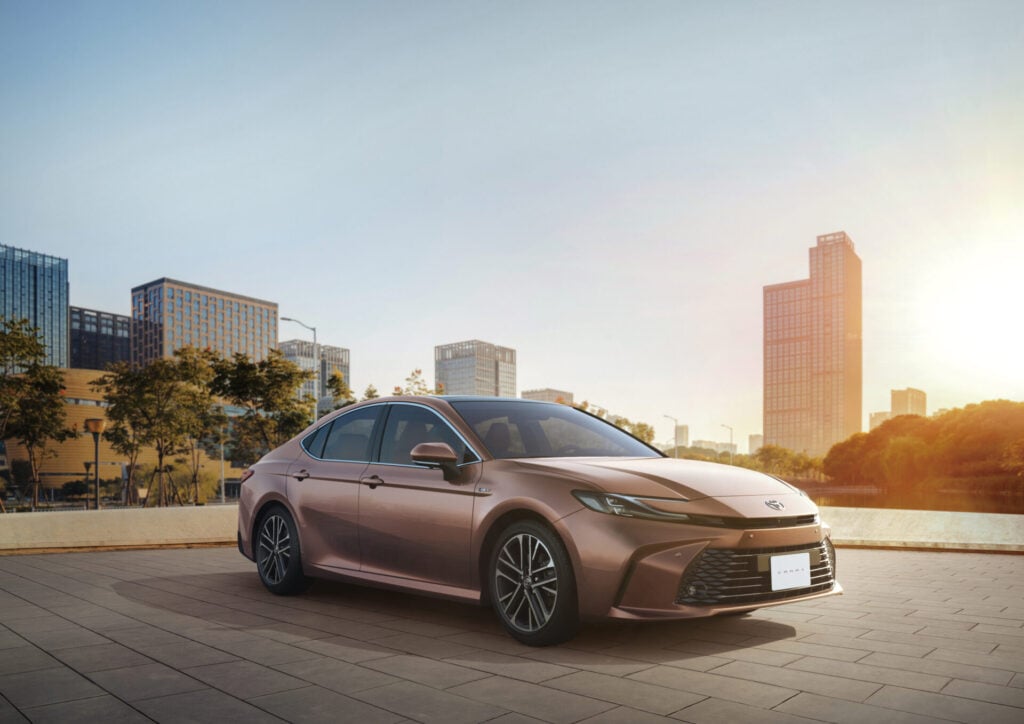
TE: Solar-powered cars have been long promised when do you realistically see EVs being powered directly by the sun or clean, off-grid energy? Are we close?
Jacques Brent: While fully solar-powered vehicles remain a niche, the integration of solar charging infrastructure at homes, workplaces, and destinations is rapidly growing. I see the future of mobility as decentralised and clean, where your car is not just powered by the sun, but contributes back to the grid. Toyota is actively investing in vehicle-to-home and vehicle-to-grid technologies to make that a reality.
I see the future of mobility as decentralised and clean, where your car is not just powered by the sun, but contributes back to the grid
TE: Battery production and rare earth mining come with their own environmental toll. How is Toyota or Lexus addressing the full life cycle impact of Evs?
Jacques Brent: We believe sustainability must be systemic. That’s why Toyota has a closed-loop approach: we’re reducing dependency on rare earths, investing in battery recycling programs, and developing next-gen batteries with more abundant materials. Our global goal is to achieve carbon neutrality across the vehicle life cycle by 2050, and we’re building that foundation today.
TE: As luxury travel evolves, how do you see the role of premium, sustainable mobility fitting into the experience?
Jacques Brent: Luxury travel is increasingly defined by consciousness of place, impact, and personalization. Premium sustainable mobility enables travelers to explore with purpose and without compromise. Whether it’s a silent, emission-free drive through a mountain pass or a transition from airport to eco-lodge in an electrified vehicle, Lexus is here to enable intelligent, intentional experiences.
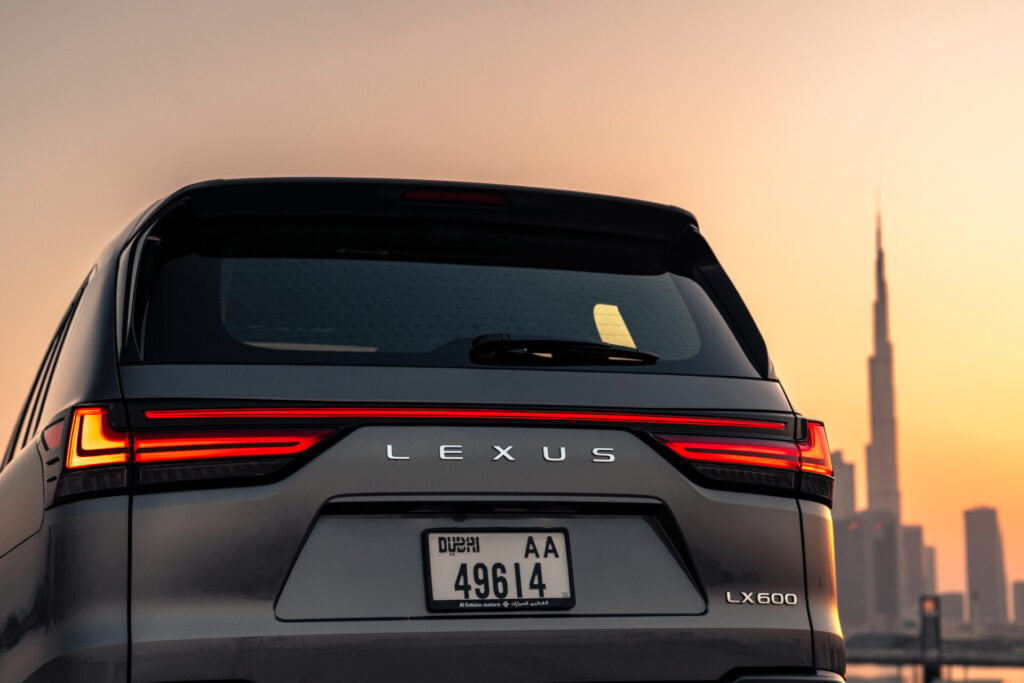
TE: What innovations are you most excited about that could make road travel, especially in remote or scenic regions, more seamless and sustainable?
Jacques Brent: I’m particularly excited about over-the-air (OTA) vehicle updates, solar-assisted charging, and real-time route optimisation that factors in charging stations, terrain, and energy efficiency. Combine that with advancements in all-wheel drive EV technology, and we’re making remote travel not just possible, but pleasurable and sustainable.
Mobility is becoming a vital part of the hospitality ecosystem. I envision a future where guests arrive at a resort and are greeted by a zero-emission vehicle for their explorations
TE: Do you foresee partnerships between car brands and eco-resorts or travel destinations to create more cohesive, low-impact travel experiences?
Jacques Brent: Absolutely. Mobility is becoming a vital part of the hospitality ecosystem. I envision a future where guests arrive at a resort and are greeted by a zero-emission vehicle for their explorations. Lexus owners in some markets already have access to such experiences through our owner benefits programmes. We work with like-minded partners to build such experiences, where Lexus becomes synonymous not just with luxury, but with the journey toward a greener planet.

